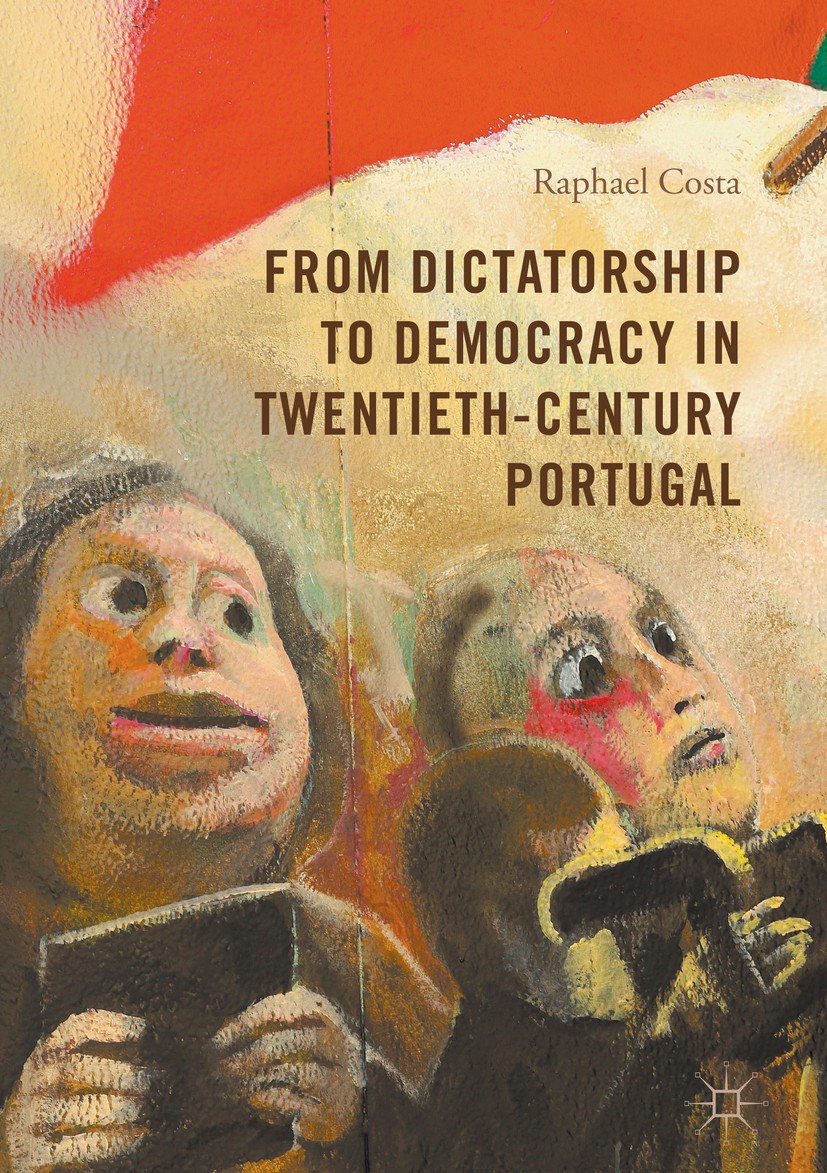| 书目名称 | From Dictatorship to Democracy in Twentieth-Century Portugal | | 编辑 | Raphael Costa | | 视频video | http://file.papertrans.cn/349/348643/348643.mp4 | | 概述 | Investigates Portugal‘s politico-cultural evolution in the late twentieth century.Focuses on Lourinhã’s urbanization and economic development since 1966.Highlights key areas of national economic and u | | 图书封面 |  | | 描述 | This book examines Portugal’s transition from dictatorshipto democracy by focusing on Lourinhã’s urbanization and economic developmentsince 1966. Since 1966, Lourinhã’s urban landscape has transformed as Portugaldemocratized. From a rural town with little infrastructure and fewinstitutions in 1966, Lourinhã emerged by 2001 as a modern European town. Thiswork highlights key areas of economic and urban development and argues thatLourinhã’s political culture became more institutional, creating a witheringexpectation of citizen participation in local development, as Portugaltransitioned from dictatorship to democracy. Raphael Costa asks whetherPortugal was on the path towards democracy before 1974, and if the rapid shiftto democracy was the blessing it appeared to be by the 1990s. Diddemocratization ultimately disenfranchise the Portuguese in important ways?This work uses Lourinhã‘s development as an example of the Portugueseexperience to argue that the CarnationRevolution, although a watershed in Portugal‘spolitico-cultural evolution, should not be understood as the moment whendemocracy came to Portugal. | | 出版日期 | Book 2016 | | 关键词 | Urbanisation; European Union; Carnation Revolution; Enfranchisement; Politico-cultural evolution | | 版次 | 1 | | doi | https://doi.org/10.1057/978-1-137-58368-0 | | isbn_ebook | 978-1-137-58368-0 | | copyright | The Editor(s) (if applicable) and The Author(s) 2016 |
The information of publication is updating

|
|
 |Archiver|手机版|小黑屋|
派博传思国际
( 京公网安备110108008328)
GMT+8, 2026-2-8 04:56
|Archiver|手机版|小黑屋|
派博传思国际
( 京公网安备110108008328)
GMT+8, 2026-2-8 04:56


